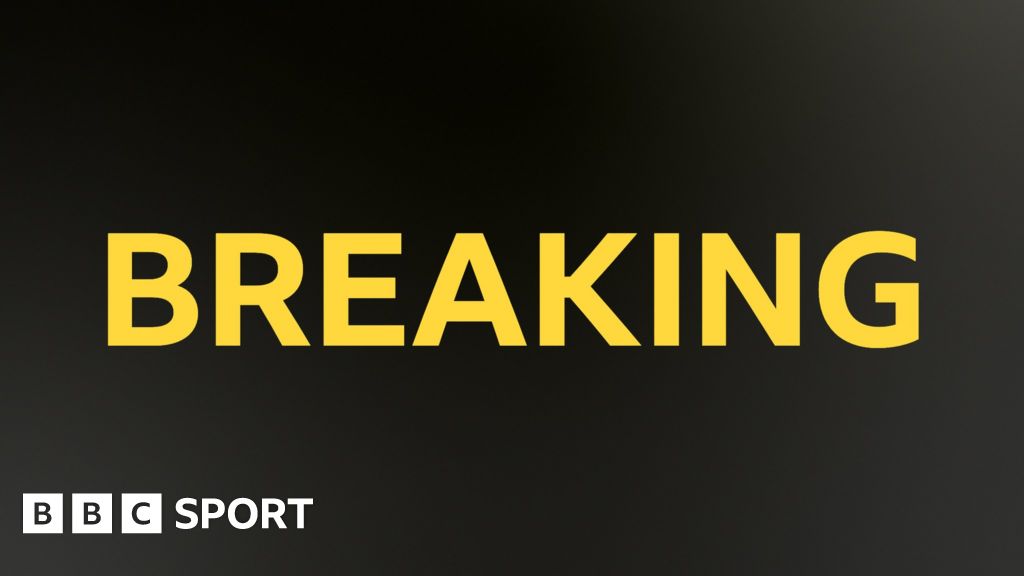Halep's doping ban reduced to nine months - 2 minutes read

Halep tested positive for roxadustat - an anti-anaemia drug which stimulates the production of red blood cells in the body - at the US Open in August 2022.
An investigation by the ITIA concluded the contamination was likely to have come from a collagen supplement called Keto MCT.
In a ruling announced on Tuesday, Cas said: "Having carefully considered all the evidence put before it, the panel determined that Ms Halep had established, on the balance of probabilities, that the roxadustat entered her body through the consumption of a contaminated supplement which she had used in the days shortly before 29 August 2022.
"The roxadustat, as detected in her sample, came from that contaminated product.
"As a result, the Cas Panel determined that Ms Halep had also established, on the balance of probabilities, that her anti-doping rule violations were not intentional.
"Although the Cas Panel found that Ms Halep did bear some level of fault or negligence for her violations, as she did not exercise sufficient care when using the Keto MCT supplement, it concluded that she bore no significant fault or negligence."
Halep was charged in May 2023 with a second separate offence when the ITIA said irregularities were found in her athlete biological passport.
The ABP programme collects and compares biological data to spot discrepancies in an athlete's blood over time that suggest possible doping.
Three experts - Dr Jakob Morkeberg, Dr Laura Garvican-Lewis and Professor Giuseppe d'Onofrio - assessed 51 valid samples of Halep's blood and each concluded there was "likely doping".
Halep's defence suggested the irregularities spotted were caused by factors including blood loss during an operation and periods when she was not training.
Cas said it was "not comfortably satisfied" Halep had committed an offence and the panel "therefore dismissed that charge".
Source: BBC News
Powered by NewsAPI.org